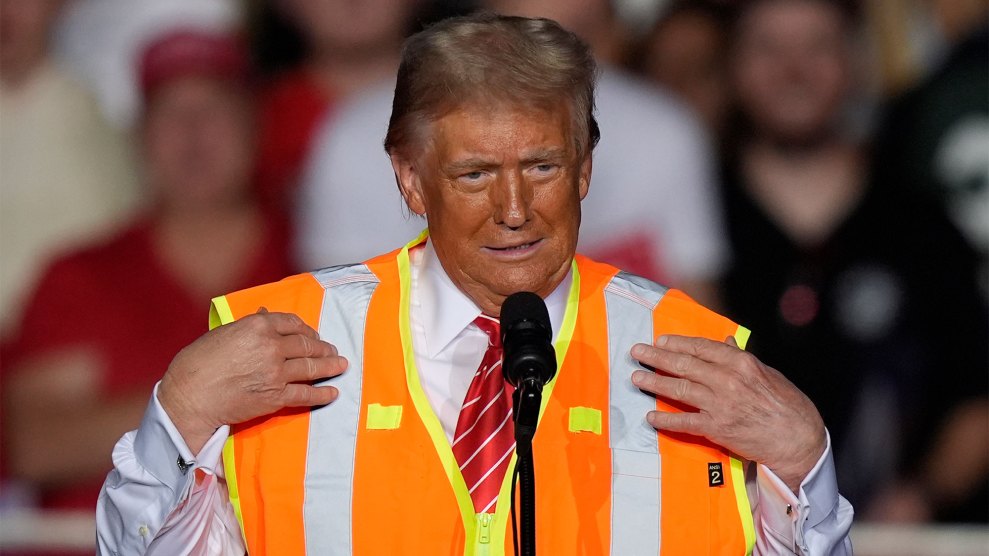In April, Sen. Frank Lautenberg (D-NJ) introduced The Safe Chemicals Act, a bill that if passed would make sweeping changes to the 34-year old Toxic Substance Control Act. While the old law allowed chemicals to enter the market with little or no testing, the new one would force manufacturers to prove a chemical’s safety before introducing it to the market.
Manufacturers worry that the Safe Chemicals Act would put US industry at an economic disadvantage, since other global players, like India and China, have fewer chemical regulations, meaning they don’t have to spend as much money proving chemicals are safe for workers and consumers. The Society of Chemical Manufacturers and Affiliates, a trade group, says the act could endanger a sector that employs 800,000 Americans.
Union leaders, though, disagree. They argue that poorly regulated chemicals actually endanger the labor force, since they represent a major health risk to factory workers.
Chemical exposure in the workplace has been an ongoing item on unions’ agendas. Take the United Auto Workers’ decades-old petition of OSHA to regulate metalworking fluids: In 1993, the union petitioned the agency for chemical regulation of fluids used in manufacturing auto parts, aerospace and agricultural machinery, since workers who came into contact with these fluids had been complaining of respiratory and skin problems. After a decade of waiting, OSHA formally denied the petition in 2003. Later that year, the UAW filed a request for review to a federal appeals court, which was also denied. The court claimed the scientific evidence linking the fluids to health problems were still insufficient, and that creating a new rule to cover all the applications of metalworking fluids would be too complicated.
Since then, UK and US outbreaks of lung disease, fever, occupational asthma and skin problems among factory workers have been linked to exposure to metalworking fluids. The UAW submitted a new petition to OSHA in May and hopes to hear back later this year.
The UAW is urging lawmakers who are deliberating chemical reform to “require that all determinations of health and safety be made prior to manufacture, not just prior to marketing, so that workers are not exposed to unregulated toxic intermediates that never appear in commerce.”
Workers aren’t the only people who could benefit from stricter chemical rules. As the Pennsylvania division manager of a national construction company explained to a congressional subcommittee on Friday, stronger regulation could actually make the US more competitve in the growing market for environmentally friendly products in the US and especially in Europe, where REACH, the 2007 European chemical regulatory law, now requires international manufacturers to disclose chemical information about imports.
The Toxic Substance Chemical Act of 2010 was introduced in the House in July by Rep. Bobby Rush (D-IL) and Rep. Henry Waxman (D-CA). Currently, Lautenberg, Rush and Waxman are trying to round up more co-sponsors for the bill, which Waxman says “will protect public health and the environment while promoting American jobs and innovation.”
















